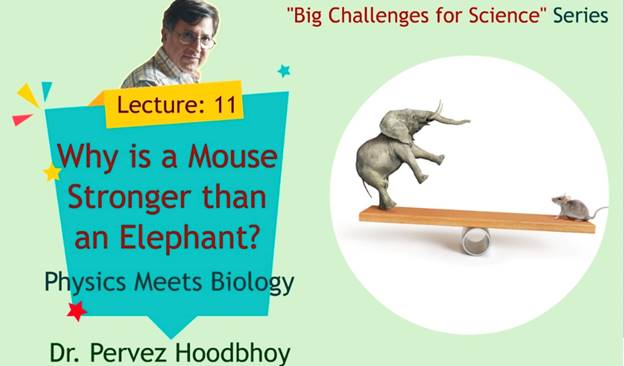

The Black Hole in Islamabad – A Promising Center of Gravity
By C. Naseer Ahmad
Washington, DC

What is a Black Hole? According to the National Aeronautics and Space Administration (NASA): ‘a black hole is an astronomical object with a gravitational pull so strong that nothing, not even light, can escape it. A black hole’s “surface,” called its event horizon, defines the boundary where the velocity needed to escape exceeds the speed of light, which is the speed limit of the cosmos. Matter and radiation fall in, but they can’t get out.’
Scientists will render their definition in similar words and help answer questions to quench your thirst of knowledge. But, if by chance your chief scientist is an artificial intelligence tool like ChatGPT, then you will not only get an affirmation but if you want to know what a ‘black hole’ means metaphorically then you might get an answer like: “describing situations or things that are difficult to escape from or understand, like being stuck in a difficult situation or feeling overwhelmed.”
In our cosmos, we find black holes as defined by scientists and black holes faced by teeming millions around the world, in terms of sticky predicaments that they can’t climb out of. Fortuitously there is world renowned Pakistani nuclear physicist Professor Pervez Hoodbhoy who has created “The Black Hole” (TBH) in Islamabad, Pakistan. Recently, this vibrant institution – supported by inspired citizens of the world - celebrated its second anniversary with a lot of accomplishments by this unique organization within Pakistan. For instance:
- More than 750 events, covering a wide range of topics - physics, biology, math, activism, politics, gender and human rights, regional cultures, economics, music, dance, drawing, acting, etc. - were held over two years at TBH.
- Events are open to public. Admission is free and does not require registration, and walk-ins are welcomed, though space is limited.
- The small library of 5,000+ books is open 9:00am-8:30pm.
- The year-long math-physics teachers training program is now into its 17 th weekly module.
- Braving the smog and expense, Lahore-based trainees come to Islamabad once a week for evaluation. TBH organized one session of a debate competition held between Islamabad-based school kids.
- TBH’s science lab attracts school children from across Islamabad to perform physics experiments. Several such experiments using smart phones have been devised.
- The astronomy club has taken off thanks to a telescope donated by a CERN researcher.
- Despite almost non-existent Pakistan-India relations, technology allows TBH to engage with Indian academics and others in its evening events.
- The TBH team is strong and draws upon diverse talents. This includes our classical music teacher and a cook; both having had to flee Kabul after the Taliban takeover.
- TBH’s remote outreach by video has grown to 15 countries. Surprisingly, more viewers outside of Pakistan watch the online programs than within the country.
- TBH accounts are regularly submitted to Pakistani tax authorities, and it continues to maintain our status as a non-profit donor-funded organization. Donors in the US are eligible for IRS exception.
Even though the author has lived outside of Pakistan for the last fifty-two years, the desire to know about the situation in the land of my birth remain strong. So as one of the overseas viewers of TBH’s programs, the author finds the lack of partisanship so refreshing. The experience is enlightening. The outstanding thing about TBH is a participation of young speakers as well as young audience. This tells us about the enormous talent in the country which needs to be channeled to bring a meaningful change in society.
One appreciates the vision and leadership of TBH management evident from both the variety of topics as well as speakers. Syed Muzammil Shah is perhaps one of the best examples of such speakers. One is awestruck listening to his presentation on “Reason in Post-Truth era.” The exchange between Muzammil and his young audience is so exciting to watch that it is beyond description.
How could post-Zia Pakistan produce brilliant minds like Muzammil? This tells us that despite extreme religiosity and repression or because of it, talent in Pakistan is not dead but alive and is in desperate need of nurturing. Therefore, it is important to support organizations like TBH to create the gravitational force to pull society out of ignorance, hatred, and blight.

